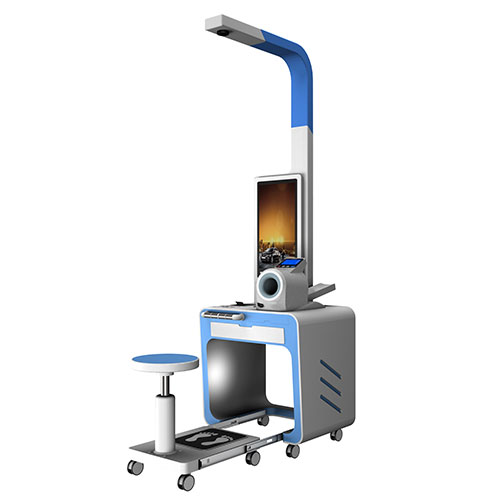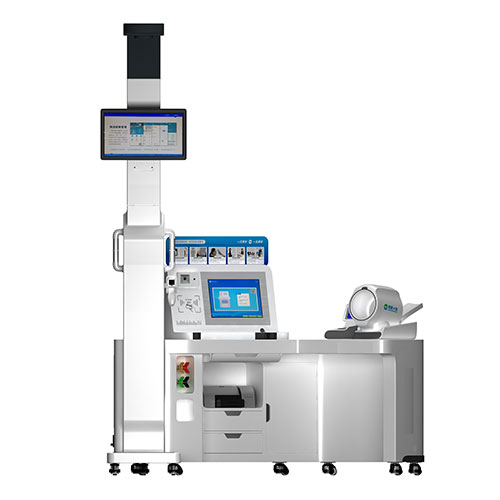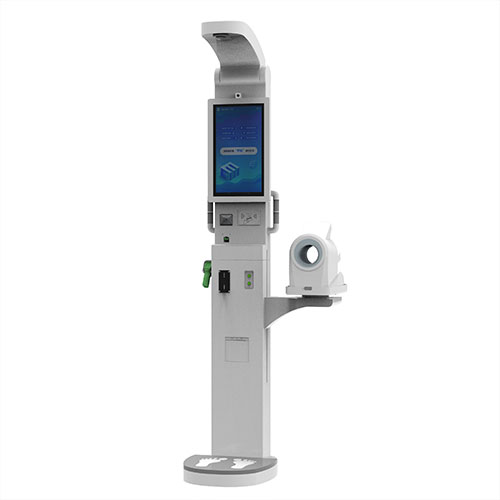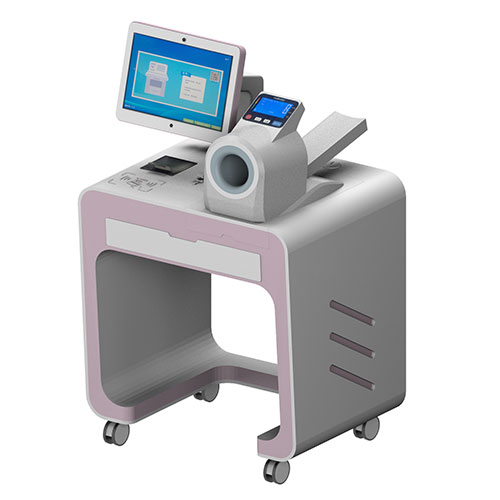Definition
Chronic disease full name is a non-communicable chronic disease, it does not mean a specific disease, but it is a general name for a group of diseases with the complicated origin, lack of evidence being infected, which are hard to be cured, and long period existing with people’s life, Chronic disease would have large damage on the economy and life if they are not properly treated. The common chronic diseases are cardiovascular disease, cancer, diabetes, chronic respiratory system disease, etc, and the cardiovascular disease includes hypertension, apoplexy, coronary heart disease. How To Early Prevent and Treat Chronic Diseases?
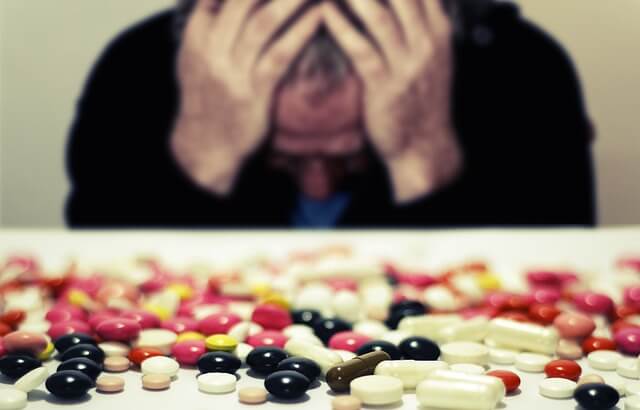
The Harm of Chronic Disease
Chronic diseases’ main harm is the injuries for the brain, heart, kidney, which infect workability and life quality, furthermore, the expense of treatment is quite expensive, and they increase the burden of the family and the country. Even more and more healthcare policies and medical resources have been put on the chronic disease prevention, control, and management, the situations all across the world are still not optimistic, cerebral vascular disease, the malignant tumor becomes the main cause of death, the death of chronic disease accounts for 85% of total death number, and the treatment expense accounts for 70% of total treatment expense.
The Cause of Chronic Ciseases
The investigation report of WHO shows about 60% of the reasons are because of the lifestyle, especially diet habits, fewer exercise activities, smoke, alcohol are the four main risk reasons.
How To Prevent Chronic Diseases
1. Physical Exercise
About 80% of heart disease, apoplexy, diabetes, and 40% of the tumor can be early prevented, fewer exercise activities, less daily activities, less energy consumption is the first cause of chronic diseases, so continuous sports exercise can be greatly helpful for early prevention.
There are four principles for sports activities, individual plan, regular schedule, gradual improvement, persisting, we suggest 3 times exercises every week, and at least 30 minutes each time, the best time for exercise is 4-5 o’clock everyday afternoon, the other best time is 2-3 hours after dinner, the main exercises include fast walking, jogging, swimming which are aerobics, strength sports are also needed, such as dumbbell, muscle training machines, the elderly are also suggested to have eight to ten times of strength practice and remain two to three times a week.
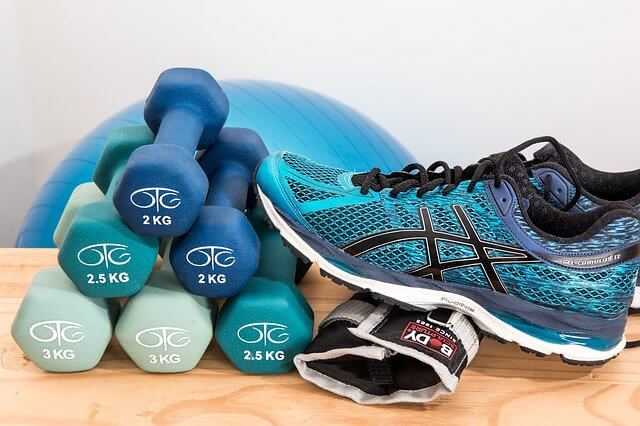
2. Healthy Diet Plan
A healthy diet plan is strongly needed for the chronic disease management, there are five layers of diet in the food pyramid, cereal grains are at the bottom, 200 to 300 grams a day, vegetable and fruits are at the second layer, 400 to 500 grams and 100 to 200 grams a day, fish, poultry, meat, egg are at the third layer, about 125-200 grams a day(fish, shrimp 50 grams, poultry and domestic meat 50 to 100 grams, egg 25 to 50 grams), milk and bean food are at the fourth layer, milk or milk products 100 grams, beans and bean products 50 grams, the lipid contained food are at the fifth layer, no more than 25 grams everyday.
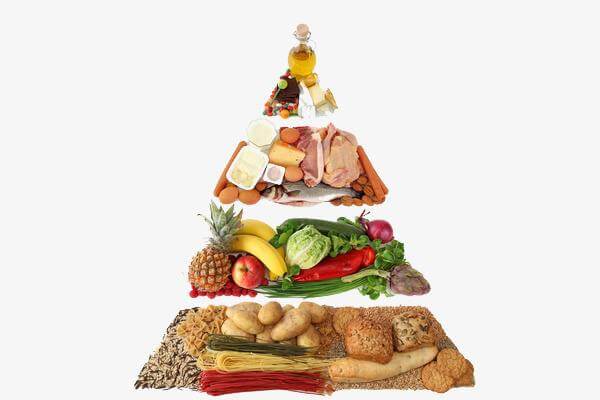
The Treatments of Main Chronic Diseases
1. The Treatment of Essential Hypertension (Primary Hypertension)
Change and improve your daily behavior:
- Control and reduce body weight
- Reduce the intake of sodium salt
- Supplement calcium and sylvite
- Reduce the intake of fat
- Increase exercise
- Stop smoking and limit alcohol
- Relax mental stress and keep mental balance
Medicines for reducing Blood pressure:
The principle is to choose 1 time medicine a day which can control 24 hours, start from small dosage, long effect, take single or more medicines according to doctor advice and prescriptions. Such as thiazide diuretic, β-Blocker, Calcium channel blockers(CCBS), Angiotensin-Converting Enzyme (ACE) Inhibitors.
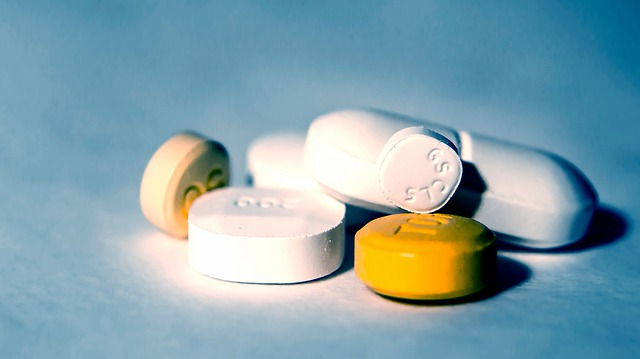
2. The Treatment of Diabetes
There is no cure to heal diabetes completely, but we can control diabetes by multiple treatments, there are mainly 4 cure method:
Normal cure(education and self-monitoring glucose), medicine insulin and sports treatment.
1). Education, which is to educate patient to know the basic knowledge of diabetes, to build up the confidence to fight against diabetes, to teach people why need to control and how to control the diabetes, to setup a treatment plan according to each different cases
2). Self-monitoring, with the promotion of health checkup kiosks, patient could adjust the dosages of medicine according to level of glucose, diabetes A need to monitor 4 times a day, or 8 times a day if the glucose is not stable(before breakfast/lunch/dinner and 3 o’clock AM), fasting glucose should be under 7.2mmol/L, or less than 10mmol/L after 2 hours after having the meal, HbA1c should be less than 7%, diabetes B patient could take less monitoring frequencies of the glucose checkup.
3). Medicine treatment. Patient type B could take the sulfonylureas medications if they think the effect is not obvious after diet control , exercise, and weight lose, because its glucose reducing mechanism is to stimulate the insulin secretion so it is somehow helpful for the patient.
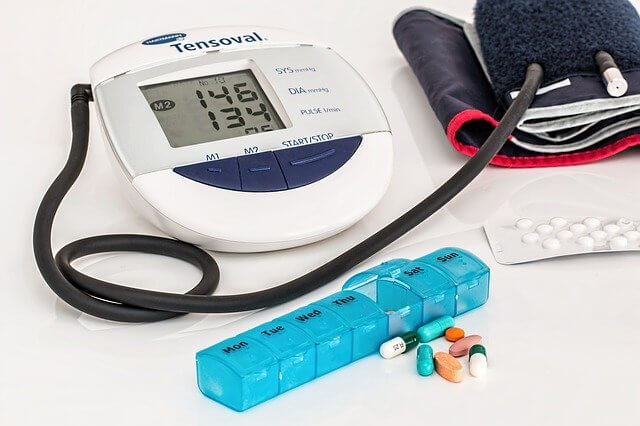
Biguanides can be added if the sulfonylureas medication is not effective.
α-glucosidase inhibitor, workable for diabetes A and B, could be intake with sulfonylureas or biguanides simultaneously. Insulin agent could be animal insulin, human insulin, similar medicines, the biggest side effect of insulin is low blood sugar.
4). Exercise activities could improve the sensitivity of body to insulin, reduce weight, reduce fat mass, increase the body strength, and increase the life ability and life quality, find a sports suitable for you, which is interesting and appropriate activities, such as fast walking, dancing, swimming, aerobics, gym.
3. Treatment of High Blood Lipid
1). Control body weight to ideal weight
The average level of plasma cholesterol and triacylglycerol of obesity patients are obviously higher than non-obesity people of same age. Except the BMI is obviously connected with blood lipid, the body fat mass distribution is also closely related with plasma lipoprotein level, generally speaking, the central obesity patient would easily have high blood lipid, only after the body weight is reduced the high lipid could return to normal level.

2).Sports activities
Sports activities not only increase the functions of heart and lung, but also it can improve the insulin resistance and glucose tolerance level, reduce body weight, reduce plasma triacylglycerol and cholesterol level, increase the HDL cholesterol level. The recommended sports are moderate speed running, swimming, skipping, gym exercise, bicycle, the period should be around 20 to 30 minutes, take 5 to 10 minutes relaxing before and after the sports, keep 3 to 4 times a week.
3). Giving up smoking
It is proved that after 1 year of giving up smoking, Plasma HDL cholesterol could increase to the level of non smokers, the risk of coronary heart disease could reduce 50%, which is close to non smokers.
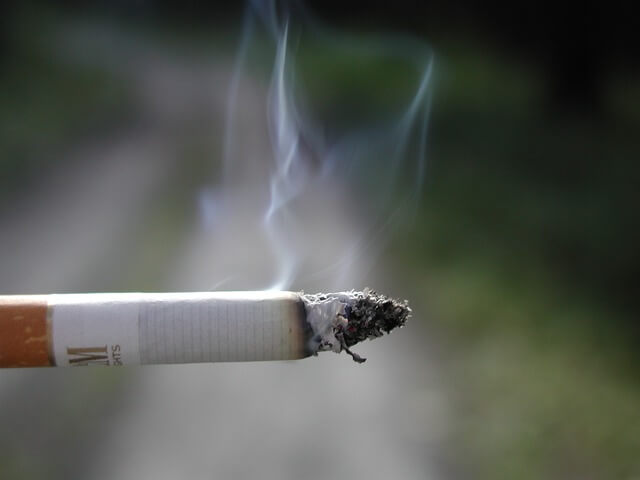
4) Diet control
The plasma lipid mainly comes from food, by diet control, the plasma cholesterol could reduce about 5 to 10%, and help to reduce body weight, furthermore it can help the medicine to reach the best effect, most of high lipoprotein type three patient could return to normal level after diet treatment.

Meat, egg, milk products (especially yolk and viscus) contains more cholesterol and fatty acid, which should be limited to eat, edible oil should be plant or vegetable oil, about 25 to 30 grams a day is recommended, if hereditary from family, the patient must be very careful for the fatty acid and cholesterol intake. Part of high lipid patient could return to ideal level after diet and life habit change, while some need special treatment such as plasma purification, surgical, or genetic treatment.
Related Products
